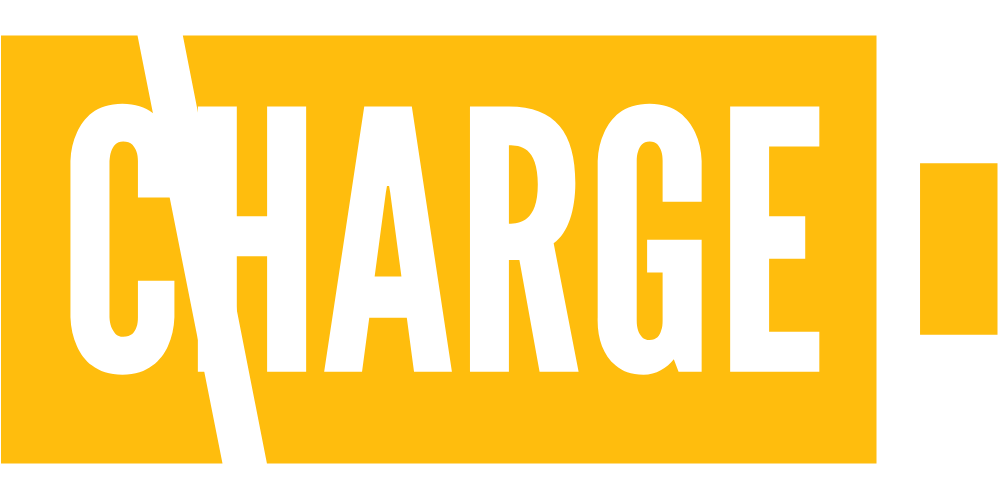Let’s celebrate three years of the Bipartisan Infrastructure Law!
Clean transportation investments from the Bipartisan Infrastructure Law (BIL) clean transportation investments save communities money and create good jobs by delivering the benefits of cutting-edge clean transportation technologies locally and equitably.
Let’s celebrate the funding that’s growing jobs and cleaning the air across the U.S.
Clean Transportation Funding Matters
Across the nation, communities are using public funds to launch programs that give people cleaner, more accessible, and affordable transportation options. Federal leadership and investment are critical to helping more communities in more states address their unique transportation options.
CHARGE issue briefs document clean transportation funding opportunities in Texas, Georgia, Arizona and Ohio.
Breakdown of Clean Transportation Funding from the Bipartisan Infrastructure Law
So far, more than $331 billion in federal investments for transportation projects have been announced (not including Inflation Reduction Act tax credits), which have also catalyzed $180 billion in private investment for EV and battery manufacturing and infrastructure.
See below for a detailed breakdown of the BIL’s clean transportation funding benefiting local communities in red, blue and purple states across the country.
National Electric Vehicle Infrastructure (NEVI) program
$5 billion committed for EV charging buildout along highwaysWhile NEVI deployment speed has been a frequent focus of attacks on the Biden-Harris administration’s record, at least 40 states have released at least their first round of solicitations. Of these states, at least 29 have issued conditional awards or put agreements in place for over 2,800 fast charging ports across more than 700 charging station locations.
Charging & Fueling Infrastructure (CFI) discretionary grant program
$2.5 billion committed for EV charging buildout in communities and along highwaysThis year, following input from advocacy organizations, the FHWA and the DOT/DOE joint office significantly expanded CFI to include multimodal transit hubs (including shared-use fleets and services, neighborhood and multi-family charging, and paid parking garages) as eligible projects, and also provided for additional technical assistance and streamlined application processes.
CFI also includes specialized ‘corridor’ funding to build out electric truck charging infrastructure along major highways.
Clean School Bus (CSB) program
Almost $5 billion committed for electric school busesSo far, the program has funded more than 8,000 electric school buses, in school districts with more than 16 million students in every corner of the country. Demand continues to significantly exceed funding, even after three billion-dollar rounds of grants.
Low or No Emissions Vehicle (Low-No) program
Almost $5.6 billion committed for electric transit busesThis year, following input from advocacy organizations, the FTA announced new guidelines for the Low-No program that incorporated reasonable limits on the customization of transit vehicles and reformed procurement requirements.
EV Battery Manufacturing & Recycling grants
More than $3 billion committed to support the development of EV battery manufacturing and recycling plantsBuilding out a domestic supply chain for EV batteries helps support implementation of and eligibility for the 30D clean vehicle tax credits from the IRA, while creating solid (and potentially unionized) jobs in the battery belt and across the country.
These grants are being administered by the DOE as part of a wider BIL package of $8.6 billion committed for clean energy manufacturing and workforce development.
Port Infrastructure Development Program (PIDP) and Truck Emissions at Port Facilities (RTEPF) programs
Almost $2.7 billion committed to improve ports, including electrification of drayage fleets and reduction of idling at port facilitiesTailpipe pollution from drayage vehicles and trucks operating in ports and railyards have severe health impacts on local communities. PIDP/RTEPF grants help address this problem by increasing deployment of zero-emission vehicles and reducing idling.
Carbon Reduction program
$6.4 billion committed to help states reduce carbon dioxide emissions from transportationStates have broad discretion over how they spend their funds, tailoring their approaches to their unique geographies and circumstances. Eligible projects include traffic management, public transportation, pedestrian facilities, alternative fuels, and port electrification.
Other major clean transportation-related funding streams from the BIL include over $91 billion committed for public transportation, $66 billion in advanced appropriations and $36 billion in new funding for passenger and freight rail, and over $400 billion for road and bridge projects.
The BIL isn’t the only ongoing authorization for federal clean transportation funding — funds are also provided by the Inflation Reduction Act (IRA) and the Diesel Emissions Reduction Act (DERA), among other sources (including the Volkswagen Clean Air Act Civil Settlement).










